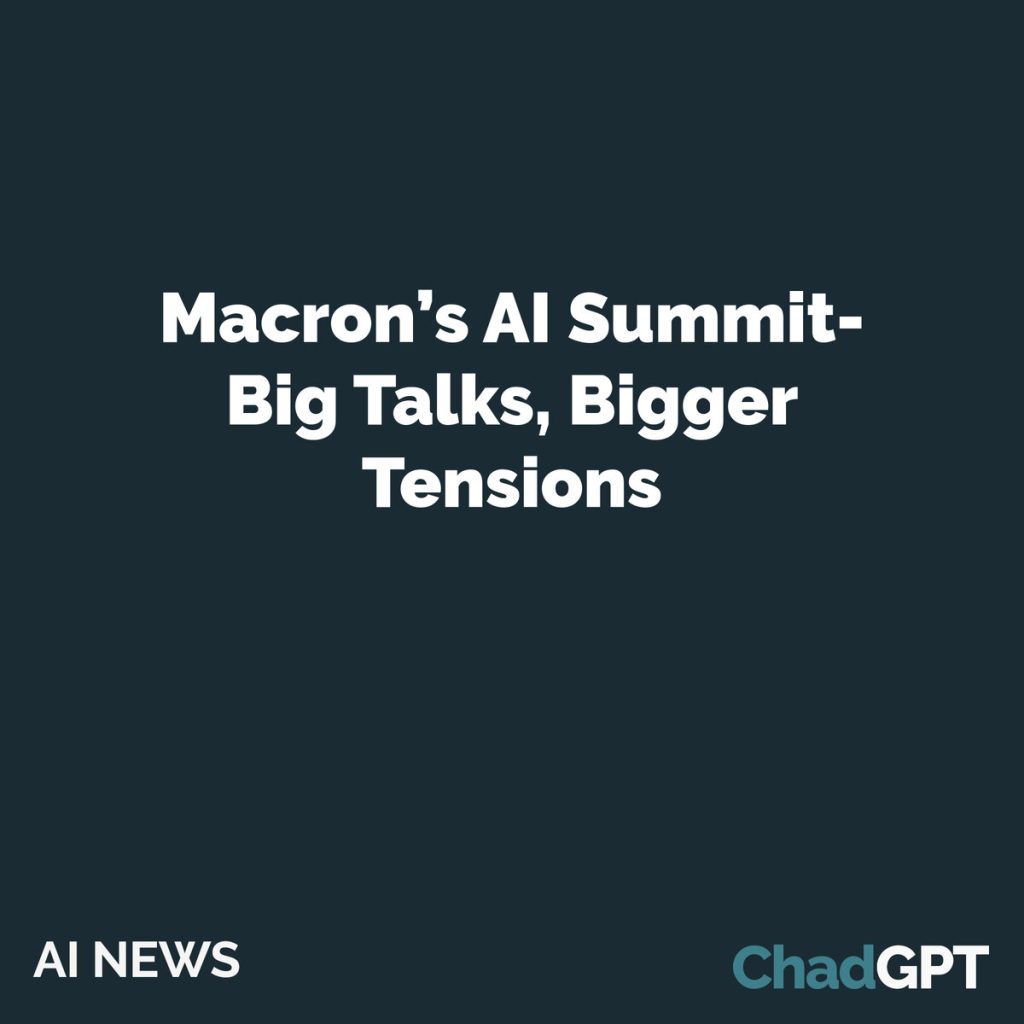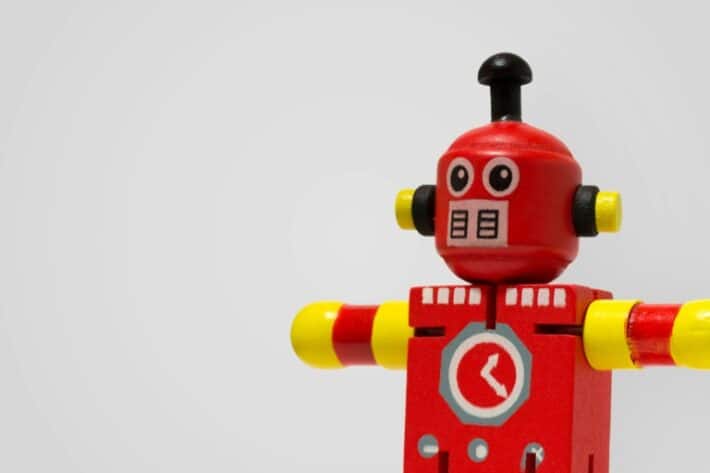Macron’s AI Summit: Big Talks, Bigger Tensions

Ah, another AI summit. This time, French President Emmanuel Macron is playing host in Paris, gathering world leaders, tech execs, and policymakers to chat about governing AI—because, let’s be honest, nobody really knows how to do that yet.
The AI Action Summit is supposed to focus on trust, innovation, and the public interest, which sounds great on paper. But given the global tech tensions at play—U.S. vs. China, Big Tech vs. Regulators, AI evangelists vs. doomsayers—it’s safe to say the room is full of very different agendas.
What’s on the Agenda?
The official goal? International AI governance. The real goal? Probably something more along the lines of:
- Stopping AI from breaking democracy (you know, before deepfakes and algorithmic misinformation ruin another election year).
- Regulating AI without killing innovation (because startups hate red tape, and governments hate surprises).
- Figuring out who gets to make the rules (right now, it’s a mix of tech CEOs, regulators, and people who still think “the AI” is one single robot).
Macron’s team says they want practical solutions—but let’s be honest, the last AI summit ended with a lot of vague promises and zero real enforcement mechanisms. Will this one be different?
The Global Power Struggle
One of the biggest tensions at the summit? Who gets to lead the AI world order.
- The U.S. wants to dominate AI regulation while keeping Big Tech happy.
- The EU wants to be the global AI watchdog (see: their AI Act, which is basically GDPR for AI).
- China is racing ahead with its own AI ecosystem and doesn’t really care what the West thinks.
- Developing nations want AI access without getting left behind in the regulatory chaos.
Meanwhile, tech companies are watching closely, because if these governments decide to tighten the leash on AI development, that could slow down their ability to launch new models, automate more industries, and—let’s be real—make a boatload of money.
What This Means for Small Businesses
For now? Not much. AI regulation at this level moves slower than a dial-up connection. But long-term, it could shape how AI tools are built, what data they can use, and how businesses integrate them. If global regulations start restricting AI access for small businesses, that could create barriers—so this is definitely something to keep an eye on.
Macron’s AI summit might not solve the AI governance problem overnight, but it’s yet another reminder that AI isn’t just a Silicon Valley obsession anymore—it’s a global power struggle.



